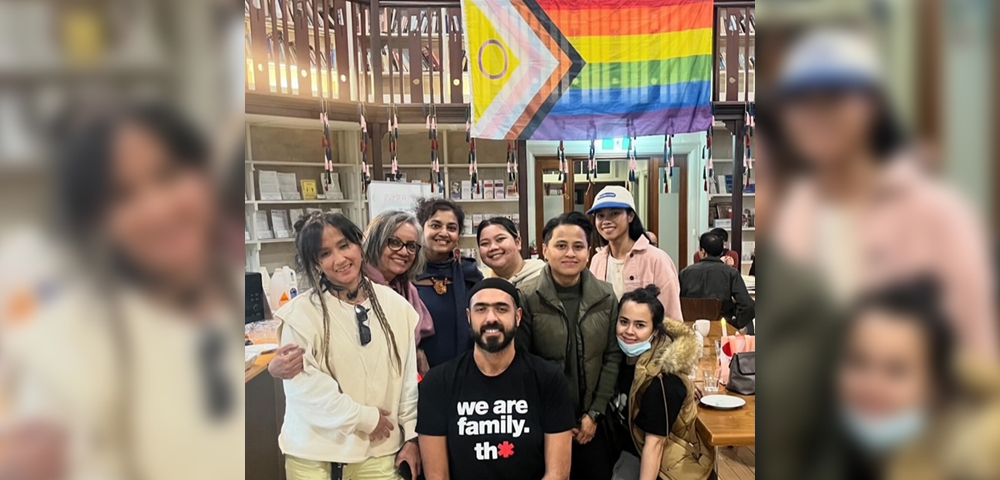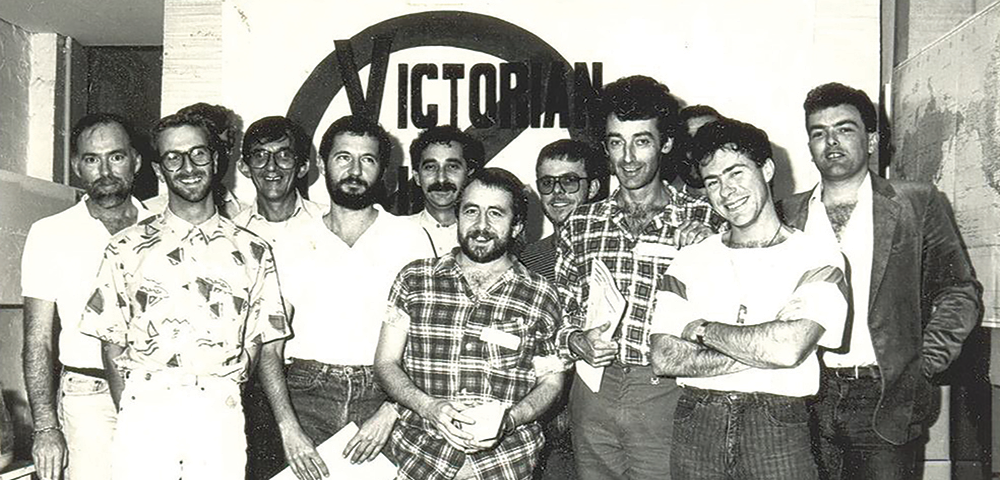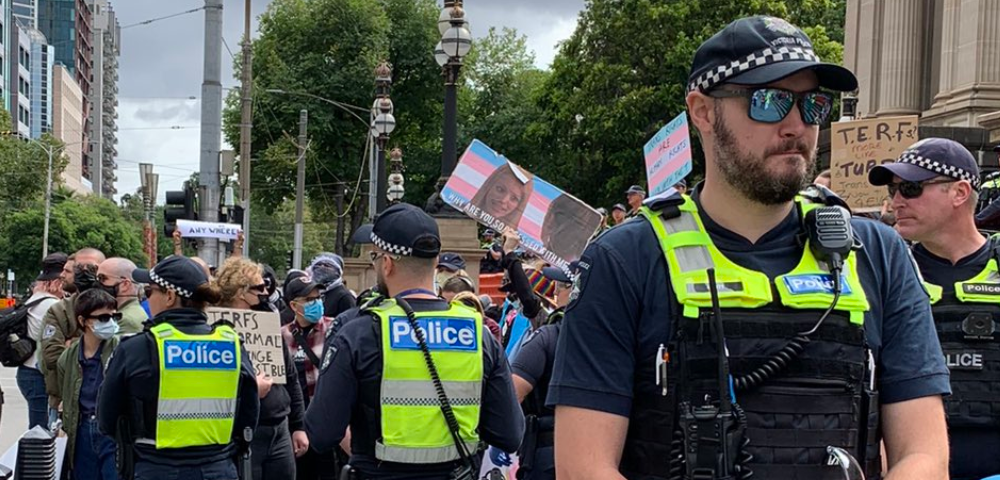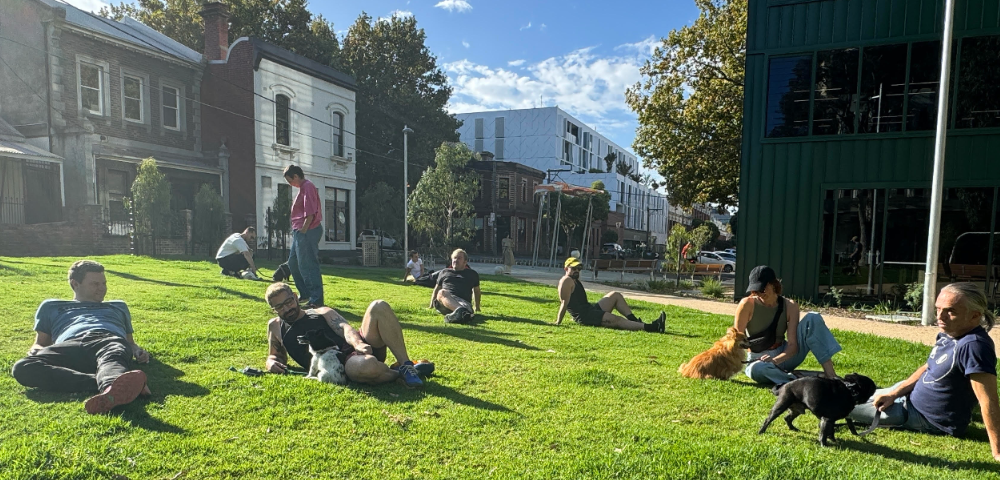
Victoria pushes to get more trans athletes on the field

A NEW set of guidelines to help sporting clubs prevent and tackle discrimination against trans and gender diverse people has been launched in the lead up to the International Day Against Homophobia, Transphobia, and Biphobia (IDAHOBiT).
While the guidelines were first launched by the Victorian Equal Opportunity and Human Rights Commission in 2015, the updated guidelines reflect the changing terminology and developments in diversity and inclusion.
Victorian Equal Opportunity and Human Rights Commissioner Kristen Hilton said the guidelines will help to create an inclusive sporting environment for everyone.
“Sport is an important part of our culture and can provide huge benefits to people’s health and happiness, as well as that of our communities,” she said.
“It’s vital that sport is accessible to everyone. The most important thing is to treat trans and gender diverse people like you would anyone else. A trans man is a man, a trans woman is a woman, and a non-binary or agender person is a person.”
In addition to the updated guidelines, the Commission has also launched a reference guide with examples of how to respond to common scenarios and a gender identity policy template.
Rory Blundell, who identifies as a transmasculine person and is training in the freestyle martial art Zen Do Kai with the Melbourne Dragons Inclusive Club, believes the guidelines are a fantastic step.
“Being trans has made it impossible for me to participate in sport as myself and my gender identity due to discriminatory policy and the attitudes of clubs, coaches, and other participants,” he said.
“These guidelines are a fantastic step forward in increasing trans and gender diverse inclusivity in sport and will hopefully allow and incentivise sporting groups to create clearer, trans-friendly policies and procedures.”
The Commission also offers education and training services for sporting clubs and organisations designed to increase their inclusivity.
To learn more about these services, contact the Commission at: [email protected]









